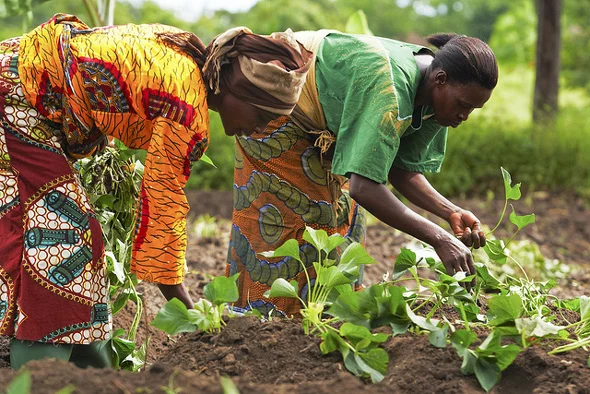As South Africa observes the 16 Days of Activism for No Violence Against Women and Children, attention is being drawn to the growing issue of violence against women farm workers. This year’s campaign, which kicks off tomorrow, highlights the often overlooked challenges faced by women in rural and agricultural areas, where gender-based violence (GBV) is frequently underreported.
Fairtrade Africa, an independent non-profit that represents fair trade-certified producers across the continent, is leading the charge with its “Be Fair Right Now” initiative. The organisation is urging South Africans to use their consumer power to promote ethical and fair practices, particularly in the agricultural sector. Sandra Ndlovu, the Southern Africa Regional Communications Officer at Fairtrade Africa, notes that farm workers are often marginalised, with limited knowledge of how and where to report issues related to violence and exploitation.
A recent report by the Commission for Gender Equality, titled Do Women Reap What They Sow?, sheds light on the structural violence faced by women in the farming industry. It highlights the exploitation of labour, unsafe working conditions, and systemic discrimination as key contributors to the problem. The report calls for greater awareness and accountability from farm managers and supervisors to ensure that work environments are free of discrimination.
Ndlovu stresses the importance of raising awareness and providing resources to empower farmworkers to speak out. While there has been progress since last year’s campaign, much more needs to be done. Fairtrade Africa has partnered with the Commission for Gender Equality and the Legal Aid Board to provide farm workers with the support they need, including field officers across the country who can assist with reporting incidents of GBV and offering legal guidance.
The 16 Days of Activism campaign runs until 10 December, with Fairtrade Africa and its partners continuing their efforts to advocate for gender equality and human rights in agriculture. Ndlovu’s commitment to this cause is deeply personal, shaped by her own experiences growing up on the Cape Flats and her passion for community development and women’s empowerment. She concludes, “By uplifting women in agriculture, we create a more equitable and sustainable future for all.”
